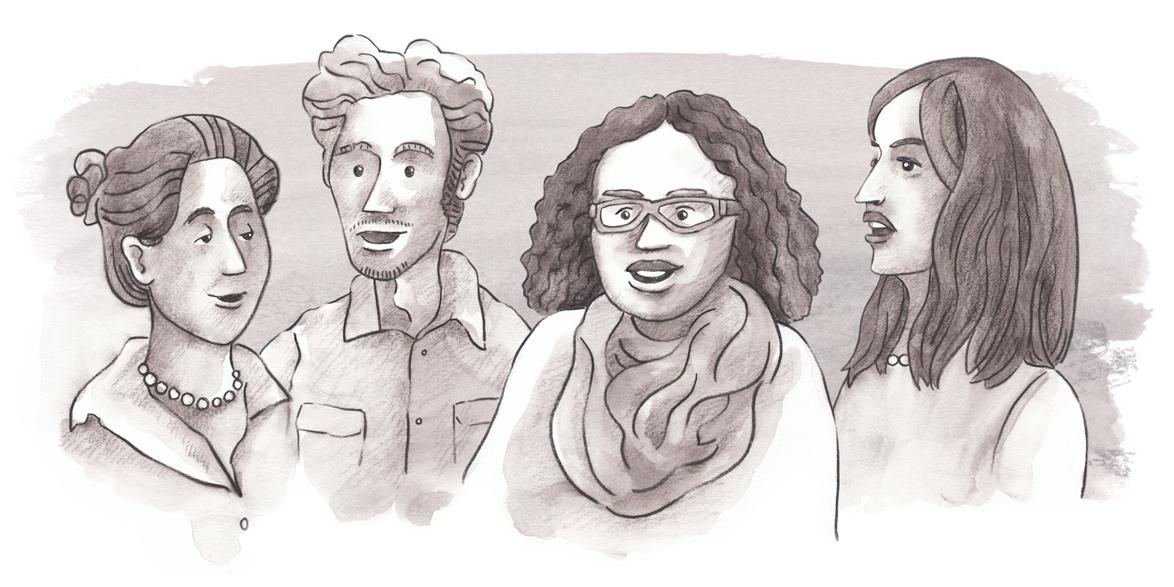We usually think of “recorded” and “live” as two distinct and opposed forms of music. But technology has been steadily eroding the distinction between the two. Controllerism is a performance method using specialized control surfaces to trigger sample playback and manipulate effects parameters with the full fluidity and expressiveness of a conventional instrument. Such performance can take place on stage or in the studio.
Controllerism is attractive to me because I came to music through improvisation: blues, jazz, jam bands. I spent years improvising electronic music with Babsy Singer, though she did the beats and loops, not me. My life as a producer, meanwhile, has involved very little improvisation. Making music with the computer has been more like carefully writing scores. Improvisation and composition are really the same thing, but the timescales are different. Improvisation has an immediacy that composing on paper doesn’t. The computer shortens the loop from thought to music, but there’s still a lot of obligatory clicking around.
It’s certainly possible to improvise on the computer with MIDI controllers, either the usual keyboard variety or the wackier and more exotic ones. Improvising with MIDI and then cleaning up the results more meticulously is pretty satisfying, though my lack of piano skills make it almost as slow and tedious an input system as the mouse. Jamming on iPhone and iPad apps like Animoog or GarageBand is better. What they lack in screen real estate, they make up for with form factor. Making music on the computer comes to feel like office work after a while. But you can use the phone or the tablet while lying in bed or on the ground, or while pacing around, or basically anywhere. Multitouch also restores some of the immediacy of playing instruments.
There’s also the option of recording a lot of vocal or instrumental improvisation, and then sorting out all the audio afterwards. This is the most satisfying strategy for infusing electronic music with improvisation that I’ve found so far. You get all the free-flowing body-centered immediacy of live jamming, with no pressure whatsoever to be flawless. However, then you have to do the editing. It’s easier now than it was five or ten years ago, but it’s still labor-intensive. It can take an hour of work to shape a few minutes of improv into musical shape.
All of this time, I’ve had severe DJ envy, since their gear is designed for immediacy and improvisation. It’s a lame DJ indeed who meticulously stitches together a set ahead-of-time in an audio editor. However, DJ tools operate at the level of entire songs. It’s not easy to use Serato to write a new track. I’ve been wanting a tool that gives me the same sense of play, but at the scale of individual samples rather than entire songs.
Enter the APC40. The form factor resembles an MPC, and you can use it that way, to trigger one-shot samples like drum hits or chord stabs. But the intended use case is for Ableton session view, starting and stopping the playback of loops. By default, loop playback is quantized to the bar, so whenever you hit a pad, the loop begins playing cleanly on the next downbeat. (You can set the quantization interval to be as wide or narrow as you want, or disable it completely.) Playing your loops live makes happy accidents more likely. Of course, unhappy accidents are more likely too. But those are easy to fix in Arrange view. When I discovered that NYU has a little-used APC, I signed it out and started teaching myself controllerism. Here’s a picture of it.
http://instagram.com/p/uYUTwqBdwE/
It seems complex, and it is. The Starship Enterprise quality appeals to my tech nerd side. Creating an Ableton session for APC playing is like inventing a new musical instrument, every time. After you design your instrument, then you have to learn how to play it. On the other hand, if you design your instrument right, the actual playing of it can be fun and easy. When I set up the APC with some Michael Jackson samples and let Milo try it, he figured out the concept immediately.
http://instagram.com/p/ubq-xYhd96/
Continue reading “Ableton Session View and instrument design”







